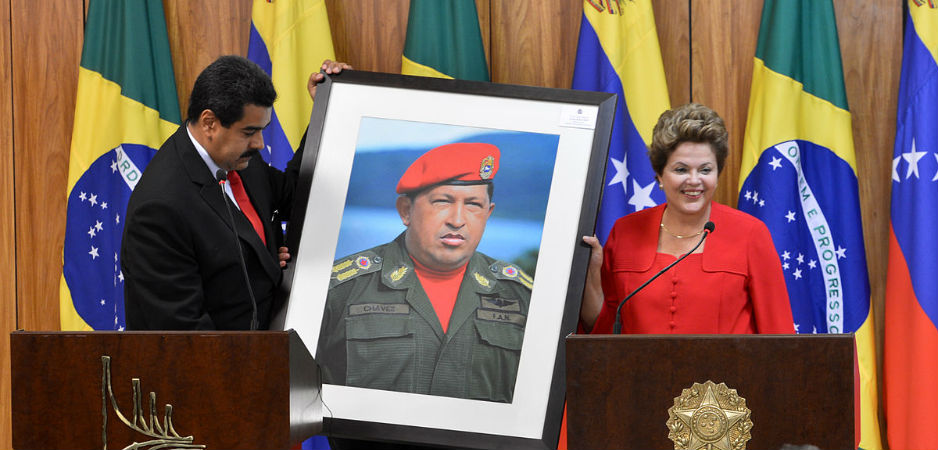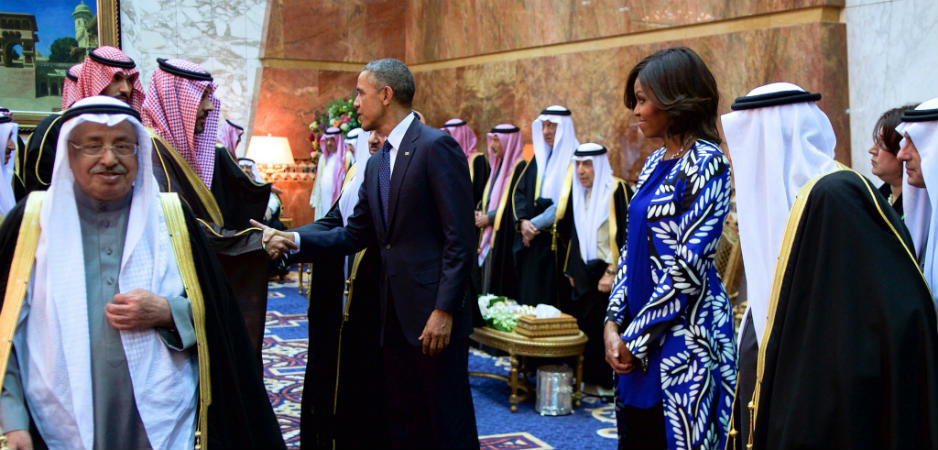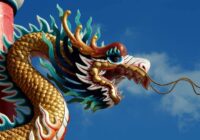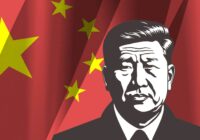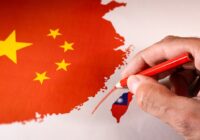China’s current economic model has run its course, and the country needs innovative ideas instead of yet another stimulus.
The Chinese economy has been breathing fire since Deng Xiaoping initiated market-oriented reforms in 1979. Since 2015, the Chinese economy has sputtered. Its growth rate was a mere 6.9%, a 25-year low. This author predicted that the Chinese slowdown would make the world economy wobble and “lead to declining trade, growth and returns to capital.” The wobbling global economy in turn is inflicting much pain on China as “factory closures, mergers and relocations” increase.
Thousands of workers are losing their jobs. Those lucky to retain employment find their wages slashed. Naturally, China is experiencing labor unrest. As per China Labour Bulletin, strikes have increased from eight in January 2011 to 503 in January 2016.
Needless to say, Chinese leaders are nervous. This week, China’s National People’s Congress began its annual meeting. Premier Li Keqiang made global headlines by announcing that China would target a growth between 6.5% and 7% for 2016. It is the first time Chinese leaders are targeting a range instead of a specific figure. Yet most informed observers believe that this figure is a touch too high.
In January, exports fell by 11.2% and imports by 18.8% compared to last year. In the same month, this author explained how the current global economic model is in crisis. Ballooning debts, vanishing jobs and growing inequality are leading to turmoil across the world. The rise of Donald Trump and Marine Le Pen reflects the economic malaise afflicting the rich world. Debt-fueled consumption can no longer go on.
Chinese leaders have recognized this fact by setting no trade target. Last year, they set a target of 6% growth only to face humiliation when both exports and imports contracted. Yet Li is guilty of hubris for declaring that the Chinese economy will grow at an average annual rate of 6.5% till 2020. He has gone on to say: “By that time, our economy’s size will have exceeded 90 trillion yuan.” True to form, The Economist remarked with damning irony: “Omniscience is a wonderful thing.”
Chinese growth targets and figures have long been fishy. Since 1990, actual growth rates have miraculously overshot or matched targets. This implies either extraordinary foresight on the part of policymakers or crafty massaging of economic data. This time, Chinese leaders are setting a high bar when the global economy is floundering. This means they will have an incentive to overestimate growth to save face.
Such a high target range reveals that Chinese leaders have reposed absolute faith in Keynesian pump priming. They are making big fiscal and monetary decisions to keep growth going. The deficit will increase from 2.3% to 3% of gross domestic product (GDP) that is now over $11 trillion. This is a huge $330 billion stimulus to keep the economy going.
This stimulus follows hard on the heels of the one after the 2008 Great Recession. On November 9, 2008, China launched a 4 trillion yuan ($586 billion) spending initiative. Ten sectors, including health care, education, transport, roads, railways and other infrastructure projects, were earmarked for this largesse. The government opened credit taps for these sectors and China’s rapid growth continued.
Now, growth is slowing down and the party has come to an end. This terrifies the Middle Kingdom where emperors have long been dethroned by rebellions from the Red Eyebrows to the Red Turbans. These two rebel forces overthrew emperors roughly 2,000 and 650 years ago. Mao Zedong’s Red Army itself captured power because of peasant support. The princelings in the Chinese Politburo vividly remember what their grandfathers did to those in power.
The new stimulus is an attempt to keep China’s economic engines whirring and avoid unrest. China’s leaders are abandoning grand projects and embracing tax breaks to boost the economy. Supply side economics posits that people spend more when they have more money in their pockets. This will boost entrepreneurial and efficient private companies instead of slothful state behemoths. The only trouble with this assumption is that animal spirits in China are ebbing low.
China’s addiction to stimulus packages has roots in its past. Its leaders are haunted by the failures of Mao, the collapse of the Soviet Union and Tiananmen Square. The princelings know too well that they lack the moral authority of Mao and Deng. They are not revolutionary veterans of the Long March. The princelings have led cushy lives, studied at elite universities like Tsinghua and are as privileged as Old Etonians like British Prime Minister David Cameron. Unlike Cameron, they do not preside over the Conservative Party. They are the big bosses of the Chinese Communist Party (CCP) and heirs to a revolution that aimed to create an egalitarian society in a deeply unequal land.
Today, hardly anyone in China believes in that egalitarian ideal. In an infamous television show, a young girl rebuffed a poor suitor with a quip that she would rather cry in the back of a BMW than smile sitting on a bicycle. Materialism rages in the Middle Kingdom now that Karl Marx’s materialistic philosophy promised a classless society that has failed to materialize. Instead, even the International Monetary Fund (IMF) is worrying about income inequality in the Middle Kingdom. Once upon a time, Deng declared that to be rich is glorious and, by some estimates, the number of Chinese billionaires now exceeds American ones. Those who are left behind do not feel so glorious.
All the perfumes of Christian Dior still fail to stir Chinese souls. The Cultural Revolution decimated Confucian traditions and there is a spiritual void in Chinese society. Christianity, the supposedly evolved religion of Europe and the US, is filling this void. Devout Christians are starting to throw a gauntlet to the atheists who rule China. This is making CCP leaders nervous.
On February 26, Bao Guohua was packed off to prison for 14 years for refusing to remove the cross from his church. This pastor in Zhejiang province was found guilty of embezzling money from his congregation and of inciting people to disturb social order. His wife was also sentenced to prison for 12 years. For many, white Jesus is replacing native Mao as the new god of salvation. The leaders of the CCP have no clue as to what to do.
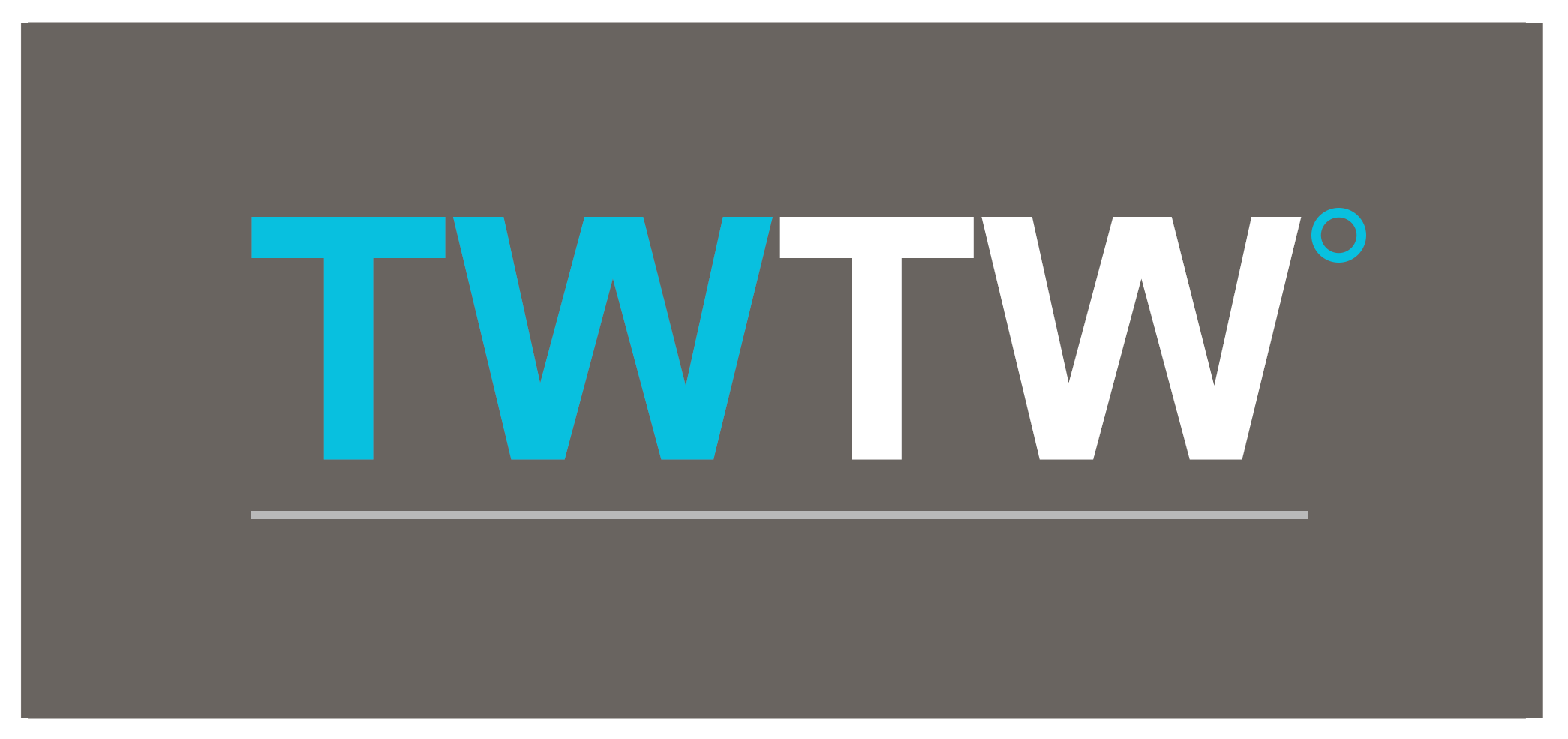 In an increasingly uncertain world, Chinese leaders are like the six blind men groping an elephant. Last year, they threw good money after bad when Chinese stocks dived. They did the same when they bailed out real estate companies, mirroring bank bailouts in the US. In both countries, robber barons took risks and walked away with big profits, while taxpayers provided these barons insurance and absorbed private losses.
In an increasingly uncertain world, Chinese leaders are like the six blind men groping an elephant. Last year, they threw good money after bad when Chinese stocks dived. They did the same when they bailed out real estate companies, mirroring bank bailouts in the US. In both countries, robber barons took risks and walked away with big profits, while taxpayers provided these barons insurance and absorbed private losses.
In any case, in the land of guanxi, those connected to CCP leaders are in pole position to reap rich rewards. If party bosses seize land from peasants for development, their relatives are likely to profit from ensuing construction projects. At its essence, China is suffering from a massive transfer of wealth from the many to the few because of corruption and crony capitalism.
Bad debts in China amount to trillions of dollars. They are the Middle Kingdom’s worst kept secret and a real threat to the country’s financial system. Those with guanxi with officials and bank bosses are able to get loans easily and then default on them with impunity. The rest of the country lives frugally and saves diligently only for banks to spray its money wastefully. In January, new lending by Chinese banks amounted to 2.51 trillion yuan ($385 billion), smashing all past records. This is madness. China might end up with zombie banks just like Japan and Europe.
China has made catastrophic economic choices before. Mao’s Great Leap Forward led to economic regression from 1958 to 1962. Forced collectivization of farms and harebrained schemes of industrialization led to a famine that killed millions. As Beijing-based Helen Gao points out, even Chinese history textbooks call this time Three Years of Natural Disaster. China’s new stimulus is another economic blunder albeit not quite of the scale of Mao’s.
In 2007, this author observed that China’s bad debts, excessive investment and terrible return on investment were unsustainable. Today this is truer than ever. Air, water and soil pollution are imposing a cost on future generations that cannot be quantified or measured. The catastrophic environmental damage that economists dismiss as externalities is threatening people’s health and wellbeing. Last year, tragic explosions in Tianjin sent seismic shocks 160 kilometers away. They demonstrated the dire risks accompanying the biggest and fastest industrialization in human history.
Chinese leaders have to realize that their debt-fueled stimulus is dangerous. They cannot keep kicking the can down the road and delaying the readjustment of China’s economy. To avoid the fate of Chinese dynasties that crumbled in the past, the princelings have to be bold. The Middle Kingdom needs innovative economic models and new political institutions. Only then can the dragon keep breathing fire.
*[You can receive “The World This Week” directly in your inbox by subscribing to our mailing list. Simply visit Fair Observer and enter your email address in the space provided. Meanwhile, please find below five of our finest articles for the week.]
The Presidential Race We Deserve
Super Tuesday results on the Republican side show how little attention Americans pay to public policy.
The political discourse of shouting, speaking in platitudes, making vague and nebulous claims, blatant lies, misinformation and xenophobia has dominated the Republican side of this election cycle. Individually, none of this is new or unique in politics, but they are combined and accentuated to create the worst political discourse that I can remember. While it is easy to blame particular candidates, demographics or industries, the blame for the degradation of our national politics lies with we the people.
First, political campaigns react to nothing more strongly than polls, perception and donations. No political candidate could afford repetitious lying or unapologetic scapegoating if there were either financial or electoral consequences.
Relatedly, the ubiquitously vilified American media are largely, at the bottom line, private corporations that aim to turn profits. Contemporary coverage and narratives are more often driven by our desires than by civic… Read more
Maduro’s Time is Running Out in Venezuela
Faced with electoral setback and rising popular discontent, the Venezuelan president just announced a number of economic reforms.
In Venezuela’s most recent parliamentary elections on December 6, 2015, Chavismo experienced its first political setback since coming to power 17 years ago. The Venezuelan opposition won 112 of the 169 seats in the National Assembly, the country’s legislative branch. According to several analyses, nearly 1.9 million self-identified supporters of the “Bolivarian Revolution” abstained, and the number of opposition voters increased by only 343,000 compared to the presidential election of 2013, when the winner was the current president, Nicolas Maduro.
The results of the parliamentary elections were described as a “punishment vote” due to a lack of effective action by the government to combat the economic and social crisis that has worsened since the second half of 2014, when the price of oil—Venezuela’s main and almost its only export—began to plummet. The crisis, according to President Maduro… Read more
Donald Trump Speaks for the Speechless
The Republican frontrunner has managed to channel the inner fascist that lurks at the core of conservative America.
For those of you who continue to believe that America is a great nation deserving of the respect and admiration that much of the rest of the world seems to have forgotten about, the 2016 presidential race to the sewer will provide a plethora of feel good moments.
Mexicans and Muslims are already cowering as campaign crowds acclaim an impenetrable great wall of the Rio Grande and cheer for a search and destroy regimen to keep suspicious religious adherents from our shores and out of our communities. If you think this isn’t quite good enough, there has been and will be much more.
For some it is uncomfortable, but for me it is rewarding to see America’s conservative inner core exposed. It seems that a significant segment of that populace has been waiting for someone to come along who loudly… Read more
More Puzzling Decision-Making From Saudi Arabia
The latest move by Saudi Arabia will do little to curb Hezbollah’s actions in Syria.
Saudi Arabia’s decision to ban its citizens from traveling to Lebanon only raises more questions about the kingdom’s foreign policy in the Middle East. The travel ban comes on the heels of previous decisions to cut off aid to Beirut and withdraw deposits with the Lebanese central bank. Riyadh’s move was followed by similar actions from other members of the Gulf Cooperation Council (GCC), including Bahrain, Qatar, Kuwait and the United Arab Emirates.
These actions come at a bad time for the battered Levantine nation. With its population swelled by nearly 25% by Syrian refugees, the concomitant Syrian Civil War on its eastern border raging into its sixth year, and its presidential selection saga still undecided, Lebanon cannot afford to lose either the GCC funds on which it has depended for so long, nor the many Gulf travelers who come to enjoy and… Read more
Diaspora Offers Nigeria Hope in Fight Against Boko Haram
With many middle-class professionals in the diaspora, Nigeria should look to expats on how to combat Boko Haram.
Terrorism is a global phenomenon, but the way it is manifested is regional, local and culturally specific. In Nigeria, Boko Haram has been most deadly in the Muslim north. For some in the Christian south, a desire to be free from the terrorist group’s tarnishing of the country’s image has led to an “othering” of the north. It has brought back the feelings of some who always thought that Nigeria should not be one, but two: a Muslim north and a Christian south.
Nevertheless, it is important to explore why the Nigerian diaspora’s involvement in jihadist activity in Europe has been very limited. Reports about Nigerians affiliated with Boko Haram and the susceptibility of jihadist cells have been moderate.
Supporters of Boko Haram are poor, marginalized and disenfranchised; people are divided on religious lines; and the domination of Muslim minorities… Read more
The views expressed in this article are the author’s own and do not necessarily reflect Fair Observer’s editorial policy.
Photo Credit: Hung Chung Chih / Shutterstock.com
 We bring you perspectives from around the world. Help us to inform and educate. Your donation is tax-deductible. Join over 400 people to become a donor or you could choose to be a sponsor.
We bring you perspectives from around the world. Help us to inform and educate. Your donation is tax-deductible. Join over 400 people to become a donor or you could choose to be a sponsor.
Support Fair Observer
We rely on your support for our independence, diversity and quality.
For more than 10 years, Fair Observer has been free, fair and independent. No billionaire owns us, no advertisers control us. We are a reader-supported nonprofit. Unlike many other publications, we keep our content free for readers regardless of where they live or whether they can afford to pay. We have no paywalls and no ads.
In the post-truth era of fake news, echo chambers and filter bubbles, we publish a plurality of perspectives from around the world. Anyone can publish with us, but everyone goes through a rigorous editorial process. So, you get fact-checked, well-reasoned content instead of noise.
We publish 2,500+ voices from 90+ countries. We also conduct education and training programs
on subjects ranging from digital media and journalism to writing and critical thinking. This
doesn’t come cheap. Servers, editors, trainers and web developers cost
money.
Please consider supporting us on a regular basis as a recurring donor or a
sustaining member.
Will you support FO’s journalism?
We rely on your support for our independence, diversity and quality.




